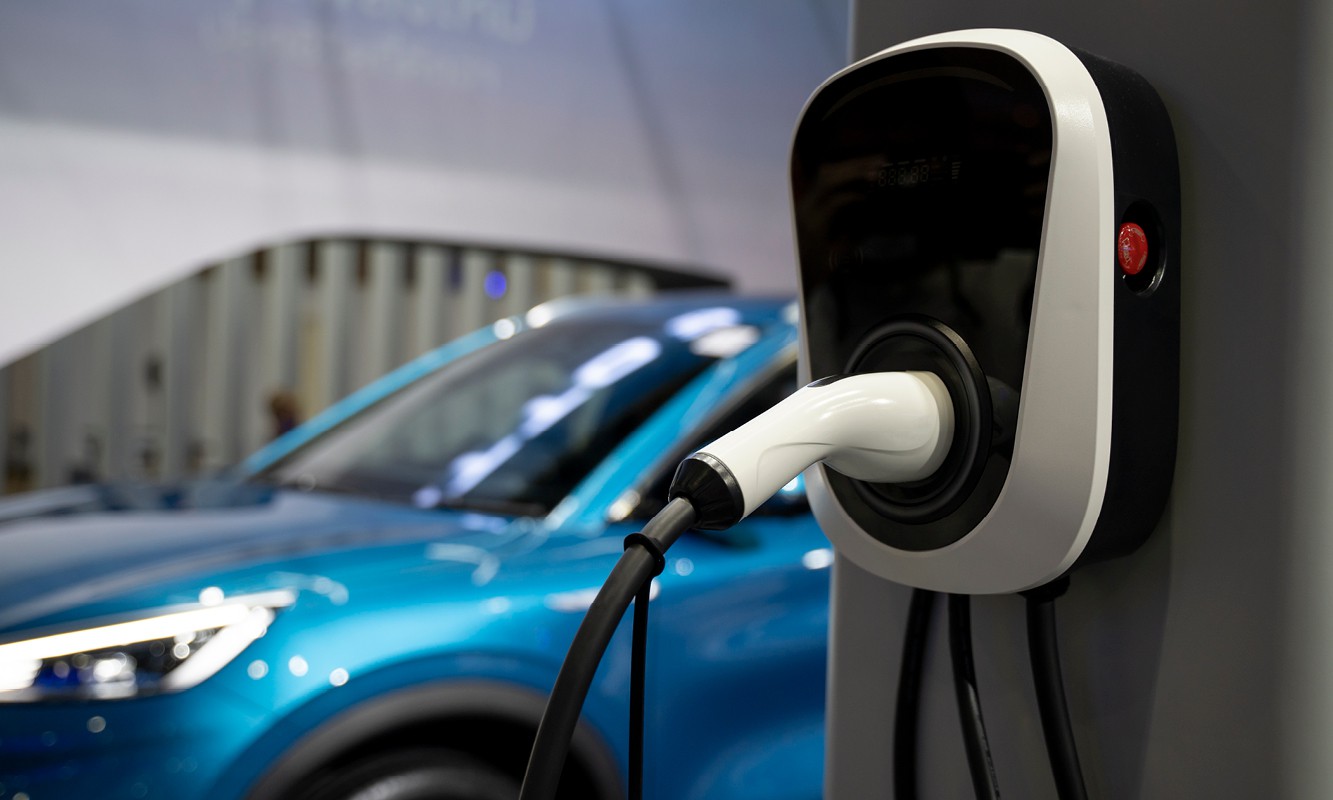As with any new technology over the years, electric vehicles (EV) and automated vehicles appear regularly in the news.
The two dominant themes are around safety concerns and the environmental benefits, but here I’ll tackle the topic of the current state of our laws as they relate to the EV and automated vehicle ‘revolution’ … or progression.
There are five levels of automation. Level 0 is automatic emergency braking, scaling up to level five, being full automation – and we are far from being at a level five automation.1
Tesla suggests current automation technologies are at level two – which is basic driver assistance – despite the fact it calls its program “Autopilot” and has, since 2022, released “Full Self-Driving Capability” for its vehicles.
Safety matters, and with the technology not even halfway to full automation, perhaps marketing hype needs to take a back seat so drivers are fully cognisant of the risks and limitations.
In the United States of America, a recent report from the National Highway Traffic Safety Administration (NHSTA) linked 17 road deaths specifically to Tesla’s Autopilot since May 2022.
It has collected data since 2021 and identified Tesla was involved in 736 of the 807 automation-related car accidents. The next closest was Subaru’s automated driving system linked with 23 car accidents.2
Now let’s look at the legal landscape in Australia.
Are the current State and Territory laws sufficient to deal with things that go wrong relating to the progression of vehicle technology towards level five automation?
The answer is in the National Transport Commission position papers which have identified 700 barriers to the deployment of automated vehicles in Australian laws.3
There are many complex gaps still to be navigated including:
- Personal injury insurance
- Property damage
- Data access
- Road safety enforcement – policing
- Vehicle repairs and consumer guarantees
- Importation regulation
- End of life disposals
There have also been emerging issues for EV owners living in apartments or under body corporate managed arrangements, in relation to their ability to charge their vehicles on common property.4
The ACT and NSW have already progressed with legislation and guidelines to assist owners and body corporate managers in retrofitting existing buildings with appropriate and safe EV charging stations.5
As for new builds, the National Construction Code was amended so that from October 2023, all new apartment buildings must be designed and constructed to be EV charging station ready.6
So, are we legally ready for the progress that is on our doorstep? Not yet.
There is still much to be addressed to ensure the future of EVs and automated driving is safe and economical. Progress though should not be hindered because of poor, slow or inefficient planning and laws, because EV and automation will charge ahead regardless. Ultimately, we are talking real lives and property at risk if laws do not progress in tune with the progress of EV and automation.
Footnotes
1 https://www.nhtsa.gov/technology-innovation/automated-vehicles-safety
2 https://www.caranddriver.com/news/a44185487/report-tesla-autopilot-crashes-since-2019/
3 https://www.ntc.gov.au/sites/default/files/assets/files/Motor-accident-injury-insurance-and-automated-vehicles-August-2019.pdf;
4 https://www.ntc.gov.au/sites/default/files/assets/files/NTC%20Policy%20Paper%20-%20regulatory%20framework%20for%20automated%20vehicles%20in%20Australia.pdf
https://www.carexpert.com.au/car-news/electric-car-charger-ban-recommended-by-owners-corporation-conglomerate
https://www.abc.net.au/news/2023-09-25/act-apartment-building-accommodates-electric-vehicle-charging/102895078
5 https://www.abc.net.au/news/2023-09-25/act-apartment-building-accommodates-electric-vehicle-charging/102895078
https://www.energy.nsw.gov.au/business-and-industry/programs-grants-and-schemes/electric-vehicles/electric-vehicle-ready/strata
6 https://evse.com.au/blog/national-construction-code-class-2-building-apartment-charging-requirements-2023/
https://ncc.abcb.gov.au/resource/advisory-note/abcb-advisory-note-ev-charging
https://ncc.abcb.gov.au/















Share this article